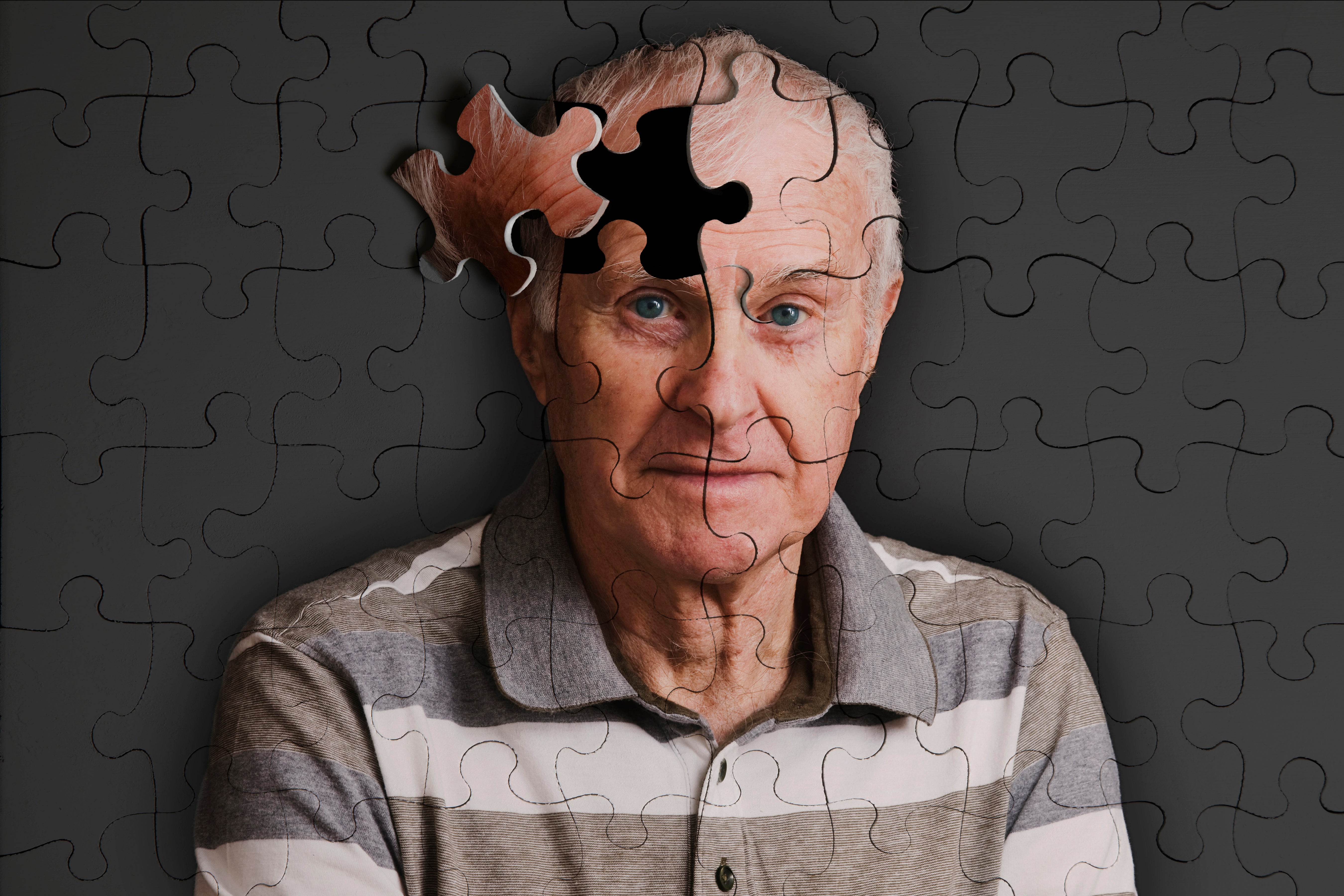Is That Senior Moment a Cause for Concern?
February 18, 2024
Categories: Health & Wellness, Behavioral & Mental Health, Neurosciences (Brain Spine, Nerves)
Tags: dementia
More and more of us are living longer—that’s the good news. According to the U.S. Census, our population age 65 and over grew from 2010 to 2020 at its fastest rate in any decade since 1880 to 1890 and reached 55.8 million. That is a 38.6% increase in just 10 years.
How we age differs. While we may hear stories of people who are more than 100 years old and are still living independently, cooking their own meals, driving their own cars, and taking few if any medications, that is not the typical profile of the older American.
More typical for the older American is a slowing down of daily activity. Many may be coping with some measure of heart disease, high blood pressure, reduced hearing and vision.
And then there are those “senior moments.” As we age, we may forget where we put the car keys, or even where we parked the car in the grocery store parking lot. We may call one grandchild by the name of another. Or we may not recall the title of the book we read last month.
But is this a sign of cognitive decline? Is it a hint of the early stages of dementia?
“Not necessarily,” said Kevin Foley, MD, Medical Director of the Trinity Health Medical Group, Alzheimer’s Disease and Memory Disorders Program. “What people call a senior moment is usually a temporary lapse in recalling information. A moment later, we remember. Recall is still accurate, just delayed. We should not normally have memory loss as we age, but the processing speed of bringing up that memory may slow.”
What is typical in aging, what is not
While the occasional moment of forgetfulness may be typical in aging, an ongoing pattern of forgetfulness may indicate that it is time to see the doctor—especially if it is not typical for that individual.
A visit with the doctor will usually begin with an interview and brief memory tests to determine what has changed in an individual’s usual patterns of remembering. A thorough review of all medications taken is also conducted as some medications or drug interactions can affect memory.
“Sometimes one visit can be enough to determine the cause of memory loss,” Dr. Foley said. “But there can be many different causes to consider. The pattern of change is often helpful in making a diagnosis; the patterns are different for Alzheimer’s disease, Parkinson’s, and stroke. If the pattern is not obvious, then brain imaging may be ordered to see if strokes or other changes are present that arise in specific memory disorders.”
A few of the causes of memory loss include:
- Alzheimer’s disease – the most common cause of dementia, causes a decline in memory, thinking, learning, and organizing skills over time
- Frontotemporal dementia (FTD) and aphasia – a group of brain diseases that affect the frontal and temporal lobes of the brain involved in personality, behavior and processing language
- Huntington’s disease – an inherited, genetic disorder that causes brain cells to break down, causing uncontrollable movements, behavior and cognitive changes
- Parkinson’s disease – a chronic, degenerative disease that affects the central nervous system leading to stiffness of muscle movements and tremors
- Vascular disorders of the brain – brain injury caused by an impaired blood flow to the brain, resulting in problems with reasoning, judgment, memory, planning, and behavior
- Lewy body dementia – deposits called Lewy bodies form in the brain that can cause problems with thinking, movement, mood, and behavior
- Brain tumors – a benign or malignant growth of cells in or near the brain that may affect different functions of the brain, depending on type and location (tumors rarely present initially with memory loss as the sole symptom)
- Brain injury – trauma to the head that may cause differing symptoms, depending on the extent of the injury
New treatments and new hope
“Age is the most significant risk factor associated with developing dementia,” Dr. Foley said. “With the population living longer now than in the past, that doesn’t necessarily translate to case rates steadily going up due to longer life expectancy. In fact, a recent study out of the University of Michigan indicates that the numbers may be going down.”
Additionally, research has shown that untreated sleep apnea significantly increases the risk of dementia in some adults. Men and women who have symptoms of sleep apnea (e.g., snoring, unrefreshing sleep and persistent fatigue) should have testing performed and get treatment if this condition is confirmed.
“On the Alzheimer’s treatment front, Lecanemab is a new FDA-approved drug that is showing positive results for treating mild stages of the disease,” Dr. Foley said. “It is given as an infusion (by vein) every two weeks for 18 months and removes the amyloid-beta proteins in the brain that are believed to be the cause of progressive memory loss in Alzheimer’s disease. Although clinical trials are showing that it can slow memory loss, the overall effect is modest. More research is needed, but we are cautiously optimistic. I believe Trinity Health Grand Rapids may be the only hospital currently offering this treatment in West Michigan.”
The important thing to remember, Dr. Foley said, is that research is advancing, and we are entering a new era of therapeutics for Alzheimer’s disease. We may be able to do more going forward than we have ever been able to do in the past, so memory loss in an older adult should not simply be dismissed as a consequence of aging. While some forgetfulness may be normal, a changed pattern of behavior or impaired recall of memories indicate that it is time to see your doctor.
Read more about caring for a loved one with dementia and understanding memory loss.
Learn more about Trinity Health Michigan Memory Disorders programs and clinics.




